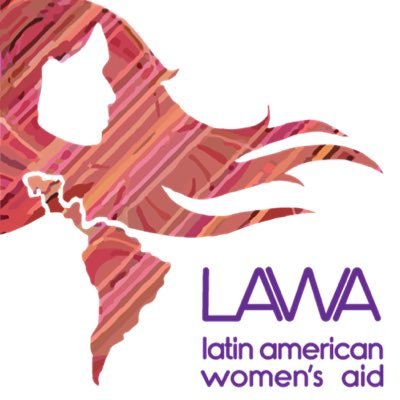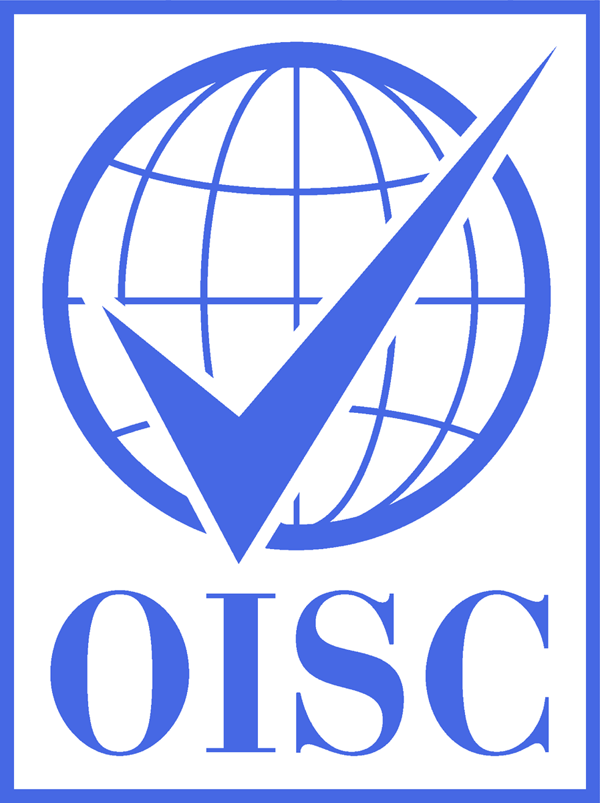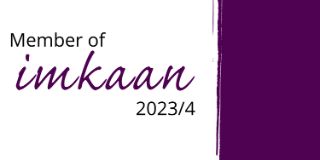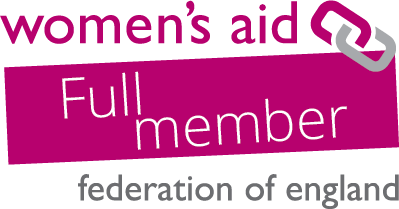Puedes leer en Español aquí.
Você pode ler em Português aqui.
In the context of International Women’s Day in 2021 (8M), Latin American Women’s Aid (Lawa) promoted a dialogue between Latin American Women where, in a collective way, we could listen to each other and learn about the personal journeys of three migrant women who have changed the course of their lives and have a big impact in our community, here in London. The panellists are women linked through specific community projects with Lawa, such as Change Maker Program, and through VAWG services.
Claudia Turbet-Delof, Afro-Bolivian, unionist and grassroots activist in London; Paola Neressi, a French-Costa Rican who defined herself as a “survivor of domestic violence at the most dangerous level”; and Claudia López-Prieto, a Colombian from Bogotá, teacher of English as a second language at the secondary level and an activist for the visibility of the Latin American community in South London, were the speakers. Vía online, forty-one migrants women living in the United Kingdom joined, both Spanish and Portuguese speakers, while the moderation was in charge of Carolina Victoria, VAWG Services Manager at LAWA.
The first question was: “What led you to be the woman you are now?”. Claudia Turbet-Delof spoke about her process of self-knowledge and migration. She recognized the impact of Colonization in our lives and our cultures, living in an environment where women couldn’t study. In her case, women from her family, in order to protect her, didn’t allow her to study, without knowing that this is part of patriarchal culture. Being very intelligent since she was a child, Claudia let go of three scholarships in foreign universities; one in Cuba to be a doctor. The argument by women of her family was that the university environment is for men, expressing a fear that if Claudia will be going to study, maybe would become pregnant. So, from the age of 17, she began to work selling food to survive. That experience marked her a lot because her brothers went to university, and even to private schools. Arriving in the United Kingdom and joining LAWRS (Latin American Women’s Right Services), Claudia realized that she had experienced gender violence and decided to fight for women’s rights.
For her part, Claudia López-Prieto told us that although her mother was a teacher and her father worked for an airline, she felt very privileged, and that is why she didn’t know what to study. She believed that one day she was going to return to Colombia. Seeing that she was not coming back, she studied Finances, but that didn’t convince her. At that time, she had her daughter and studied styling and beauty. She thought she was already happy, but she realized that Latin American parents highly value careers as lawyers, doctors, for example; so she wanted to try something else. Soon after, Claudia volunteered to read with children in an elementary school. She was assigned to some children who spoke Portuguese because the teachers at the school thought that Spanish and Portuguese were the same. When the reception teacher got sick, the school offered to Claudia fill the teacher position, and then she started a career in education as a Teacher’s Assistant. Claudia always liked to work with children who were learning English, which is why she studied to be a Teacher’s Assistant and then went back to College to have a new career in Ethnic Minority Specialist degree to teach IELT (English as a Second Language). Her interest came from her own experience. She remembered how she used to spend her days with her sister, both sitting in front of the window of the school in the college.
Claudia then shared with us: “On one occasion, a white teacher told my mother: ‘your daughter dreams a lot because she is always looking out the window.’ How I wasn’t going to look out the window if I didn’t understand anything! I felt totally stupid! That is why I wanted to specialise as an IELTS teacher, so that no other girl or boy would feel like me, looking out the window, feeling useless and strange for being an immigrant girl or boy. At that time, with the fame that Colombia had, without being able to progress, my goal was that my students didn’t feel that way”.
Paola Neressi shared in detail her testimony of being free from Domestic Violence and fighting for her life. She has faced Domestic and Gender Violence since her father wanted his three daughters to be doctors. As she, Paola, refused that fate emphasizing that she wanted to be a chef, when it came time to choose a professional career, she secretly studied physical therapy and gastronomy, because her parents said that being a chef was being a cooker.
At that time she became pregnant and her parents were going to send her to the United States to hide the pregnancy because abortion was not something that someone on her social class would do. A friend married her to keep up her appearances, and so she began to experience domestic violence and financial abuse. When she became a successful person with a job or property, her partner used to beat her, threaten her and he also took everything she had. Although she managed to divorce him, to safeguard her life, Paola left the United States and returned to Costa Rica, for her children. When she had the possibility of coming to the UK, she remembers that she “had a suitcase with all the court documents and lawsuits that didn’t proceed. I am one of those women that the system forgot. I have 12 demands or I no longer remember”.
Like many women in our community, Paola arrived in the UK without speaking any English. She couldn’t talk or tell her story because she had a lot of guilt and shame for having internalized those ideas that everything that happens to us, women, is our fault. She felt so invisible for not mastering the language. “You feel that you are too much in a place where you don’t know how you are going to continue living. There are many feelings that I experienced”, she recalls.
She arrived in the United Kingdom pregnant with fragile health due to the blows that her ex-partner gave her in the belly. And although she didn’t manage to save the life of her baby, she did save hers and began working shortly after as a cleaner and later as a real estate agent. In both jobs, she experienced abuse, until she finally managed to have the support of public housing. She came to Lawa to learn English and later managed to take a chef course. She had many challenges to improve her English, but she succeeded and from there she had a job in a five-star hotel and has been chef of special events at the Embassy of Costa Rica in the United Kingdom.
After listening to the three testimonies, Lawa opened the space for questions. Marta Nuñez asked if in Paola’s case, at some point when trying to get the children from her, her parents or other persons told her that she wasn’t able to take care of her children. Marta wanted to know if Paola case was like Parental Alignment Syndrome (PIN). Paola answered yes, especially from her father who wanted to keep her first child, considering that she had him in her 18s. Paola clung to her son to not succumb. On this issue of parental PIN, Claudia Turbet commented that in her training as a therapist here in the United Kingdom, she has noticed how migrant women, being married to English or Europeans, experience emotional or domestic abuse, where they make you doubt your capacity as mother or father. “Emotional blackmail is very common, but it is not a well-known diagnosis here in the UK, but it exists,” she ended her intervention.
Marcia, a Brazilian colleague, expressed her solidarity and gratitude for opening this space, asking more about the services that Lawa offers and how to support them. A colleague helped with the translation into Portuguese and English, and she was offered the answer of what Lawa does with and for the community.
As we approached the end of the discussion, we were very grateful that each of the panellists offered us their stories with courage and confidence. The three participations coincided their stories on pointing out how don’t handle the language, don’t know about immigration laws, the loneliness that arises when knowing you are a newcomer, the abuse of employers, the economic dependence towards abusive partners, domestic, labour, sexual and reproductive violence, linked to gender stereotypes, it all leads us to experience structural violence that intensifies in the bodies of migrant women.
Today more than ever, with human mobility seeking to improve life and/or save it, share our stories as migrant women, recognize how we have changed our destiny to something better for ourselves, for our families and our communities, leads us to reaffirm the idea that we are making a legacy that will not be easy to silence or erase.
Written in Spanish and translated in English by : Jael de la Luz
Community Engagement Officer, LAWA






Join the discussion One Comment